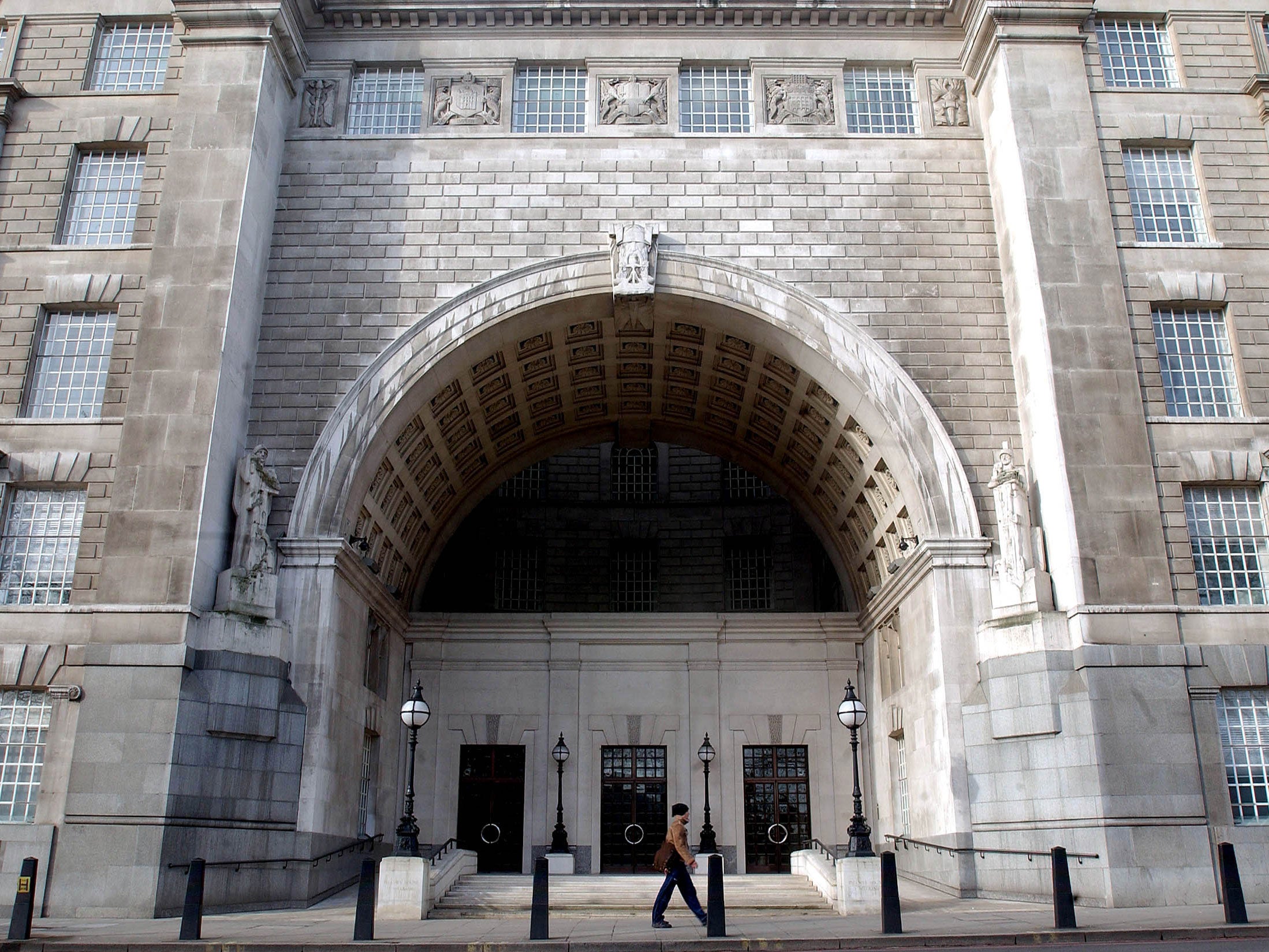MI5 'paying British Muslims £2,000 to spy on home grown terror suspects'
Doubt has been cast on the quality of such intelligence

Britain’s security services are paying Muslims £2,000 for domestic counter-terrorism spying missions, it has been claimed.
MI5 is reportedly sending British informants on short-term assignments to spy on targets such as mosques, part of its strategy to help avert attacks by home grown Islamist extremists.
Sources have told the Observer that informants across the country, including in London and Manchester, are given temporary intelligence-gathering missions in return for one-off cash payments.
One example cited by a source was a payment of £2,000 to a spy who watched the activities of a mosque over a six-week period.
The revelation comes days after the first-ever live broadcast interview by a head of MI5, in which the director-general Andrew Parker said that the number of domestic terror plots was as great as at any time during his 30-year career. He told BBC Radio 4’s Today programme that six such plots had been foiled the past year.
But paying informants for specific missions is controversial. A spokesman for the country’s largest mosque questioned the value and quality of intelligence garnered in return for cash.
Salman Farsi, from East London Mosque, said: “When they started dishing out money, everyone was willing for a bit of money to dish the dirt, make up stuff. There’s good work to be done, but quite frankly you don’t need to send in informants to mosques to find out what’s going on.
“We need a fresh approach, genuine community engagement.”
Mr Parker backed a new internet surveillance law being touted by Theresa May, the Home Secretary, saying firms like Facebook and Twitter had a “responsibility” to share information about their users.
The investigatory powers bill - dubbed the 'snoopers' charter' - is expected to compel internet and phone companies to store their users' data, to be accessed by the security services.
Subscribe to Independent Premium to bookmark this article
Want to bookmark your favourite articles and stories to read or reference later? Start your Independent Premium subscription today.
